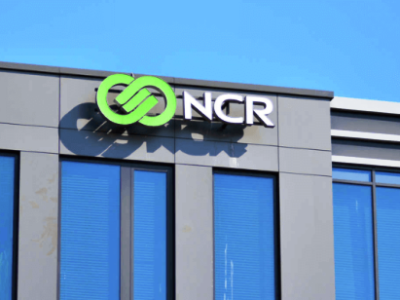A few years ago, cryptocurrency symbolised hope for many young Africans, a promise of financial freedom, borderless trade, and independence from unstable local currencies.
RELATED: Crypto threat index: The riskiest destinations for wealthy Bitcoin holders
But somewhere along the way, that promise began to crack.
The Rise of Crypto Scams
From Ponzi-style investment schemes to fake trading apps, countless people across Africa have fallen victim to digital fraudsters.
They prey on dreams, young graduates seeking passive income, small business owners looking to hedge against inflation, or even investors hoping to ride the “next Bitcoin wave.”
The result? Loss of money, trust, and confidence in what was once hailed as Africa’s financial revolution.
Beyond the Scams, The Real Damage
The biggest loss isn’t just financial. It’s emotional.
Every time someone falls victim to a crypto fraud, the damage ripples through families, communities, and the entire fintech ecosystem.
- Legitimate startups now face tougher questions.
- Investors are becoming hesitant.
- Regulators are tightening controls that could stifle innovation.
Many people now look at any new fintech or digital investment opportunity with suspicion. And that’s tragic, because Africa’s fintech ecosystem has so much potential, from mobile banking to cross-border payments and financial inclusion.
Regulation or Restriction? Finding the Balance
African regulators are walking a tightrope.
On one hand, they must protect citizens from exploitation. On the other, they must avoid suffocating innovation with fear-driven policies.
We’ve seen outright bans, sudden clampdowns, and new licensing requirements that make it hard for genuine fintech innovators to thrive.
The question remains: Can Africa create a regulatory model that encourages innovation while protecting people from harm?
Rebuilding Trust in the Digital Finance Space
Trust will not return overnight. It will take transparency, education, and collaboration between governments, fintech founders, investors, and even ordinary users.
The fintech community, must do more than promise “safe investments.” We must prove integrity in every transaction, disclosure, and policy we make.
Trust is the new currency. And once it’s broken, rebuilding it takes time, honesty, and accountability.
Final Thought
Cryptocurrency itself isn’t the enemy, greed, ignorance, and lack of oversight are.
Africa’s digital finance future is still bright. But we must protect it with wisdom, not hype. Because when fraud wins, innovation loses.
The future of African fintech depends not on how fast we innovate, but on how deeply we can be trusted.
What do you think, can Africa balance innovation with investor protection in the crypto era? Share your thoughts.
Courtesy: IT, E-Business & CyberSecurityIT






























